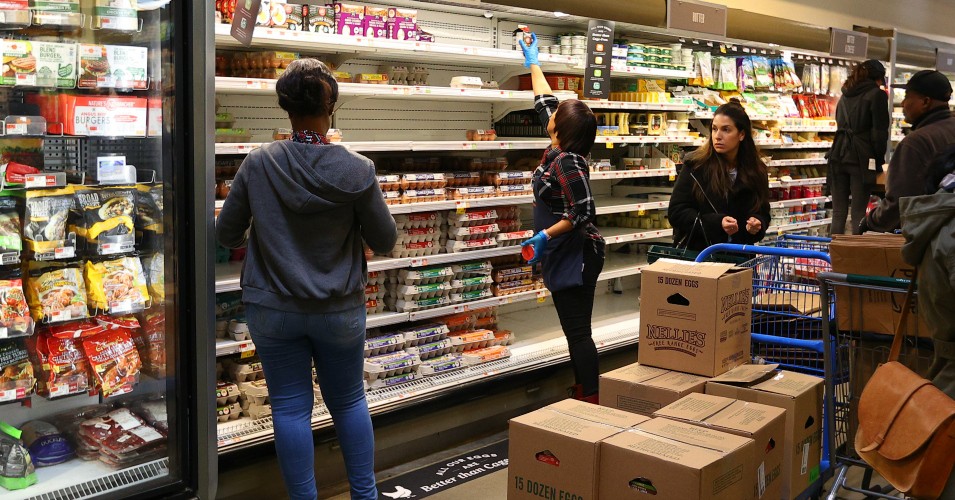Due to the ongoing coronavirus crisis, state and local governments across the country have ordered almost all businesses to close. Tens of millions of employees in all fifty states have had to adapt to a new reality of working from home. But this new reality is not the reality for every business. Many “essential” businesses, including certain manufacturers and retailers, providers of emergency services, grocery stores, and sanitation companies, have continued their operations during the crisis. Their employees are expected to report to work.
Just because a business qualifies as “essential,” however, does not mean that business will avoid COVID-19 related lawsuits from its employees. In just the last few days, employees from Amazon, Whole Foods, and Instacart have all walked off the job, claiming that their employers have not taken sufficient precautions to protect them from the virus as they continue to report to work. Employees have also sought an expansion of sick pay, paid leave, and hazard pay for being required to report to work during the crisis. As the crisis continues, businesses in almost every industry may face significant class action exposure in the coming months from employees claiming that they were exposed to COVID-19 while at work and that their employer failed to take proper precautions.
While the most effective method for any business to avoid potential exposure is to limit normal operations as much as possible, there are defenses available to employers faced with a lawsuit from employees claiming they were exposed to COVID-19 while at work. For example, employees may have difficulty establishing that any action taken or not taken by the business caused the alleged exposure and resulting illness. COVID-19 is an airborne virus and exposure can happen virtually anywhere. Therefore, it may be nearly impossible for employees to prove that they were exposed to the virus while at work, and not somewhere else. Moreover, employees may have difficulty successfully arguing that they would not have been exposed if their employers did something different.
Additionally, potential exposure may last for months. Therefore, in advance of resuming operations, whether the return of the workforce occurs in weeks or months, businesses should start planning and implementing measures now to potentially avoid future COVID-19 exposure and legal liability.

